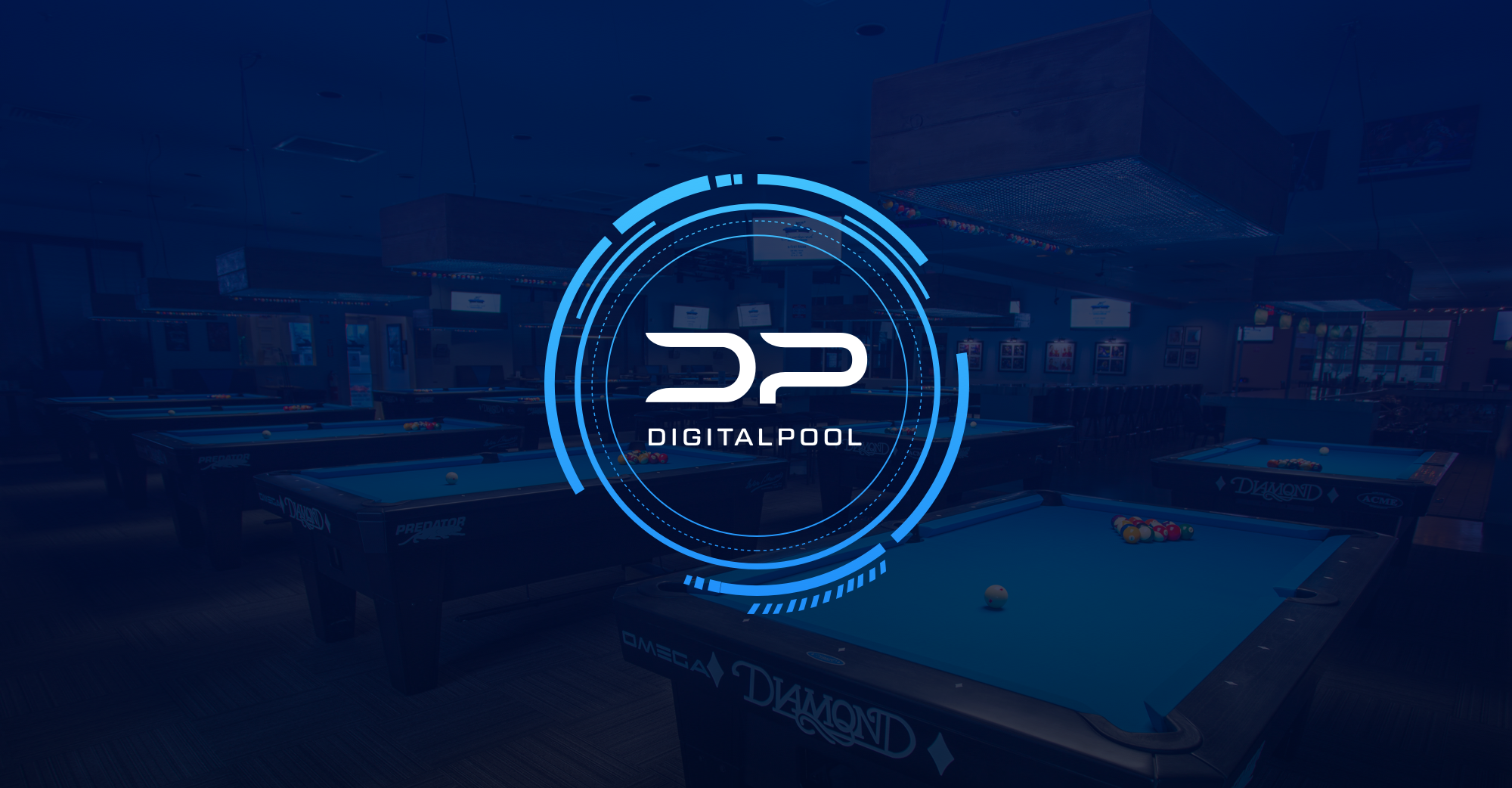Salotto has some built-in data protections that tournament bracket software doesn't have. For instance, you cannot record in Salotto a match against ME that didn't happen without me being complicit. For the Salotto match against me, I need to have my FargoRate record attached to Salotto, agree to the match, and agree the score is correct. Further, that match is automatically public record on both of our FargoRate profiles. In tournament software, you can write me in and score matches for me without my knowledge. You can even create whole tournaments that didn't happen and add in Efren Reyes and Earl Strickland. Protections are made better when a tournament is advertised publicly and a broad range of people can choose to sign up and pay attention and others can pay attention to a public bracket. Small invite-only events are a source of problems. Private round-robin events are the worst. You can choose just friends who are in on the conspiracy, add other "players" you're confident are not paying attention as opponents who play the role of winning or losing games against you and your cohorts. Also, with round-robin events, you can perform "poorly" and still play a lot of games. This contrasts with elimination tournaments, in which you play fewer matches and thus fewer games if you lose.
Salotto--like LMS for leagues--is integrated with the FargoRate database. The connection to the correct record is made before play. That's why when you hit submit in the LMS scoring app, the games are in your record immediately (for the next optimization) and the league standings are updated before you can order a beer at the bar.
Tournaments run on third-party bracket systems, like Cuescore, Digitalpool, Challonge, Ingenpool, Pooladmin, TournamentAPP, Compusport, etc. are part of a major and extensive process for which we start 5am Monday mornings and spend 50+ hours a week on. We start from scratch and match names to records in our system and create new records as needed. Our goal is to get those matches into the system within a few weeks. We are actually getting a lot of them in within a week. There are other sets of tournaments we will work on more intermittently. Perhaps tournaments on Cuescore in the Balkans or tournaments in Japan on Billi-walker.jp. Yesterday and today we worked on getting records matches for the Eurotour event so it can go in soon after it is done. There is also an event in Taiwan going on right now, and we're working on cleaning up names. A name like Shin-Mei Liu can be in a bracket as
Shinmei Liu,
Shin Mei Liu,
Shin-mei Liu,
Liu Shin-Mei,
Liu Shin Mei
--and of course it can be in Mandarin

